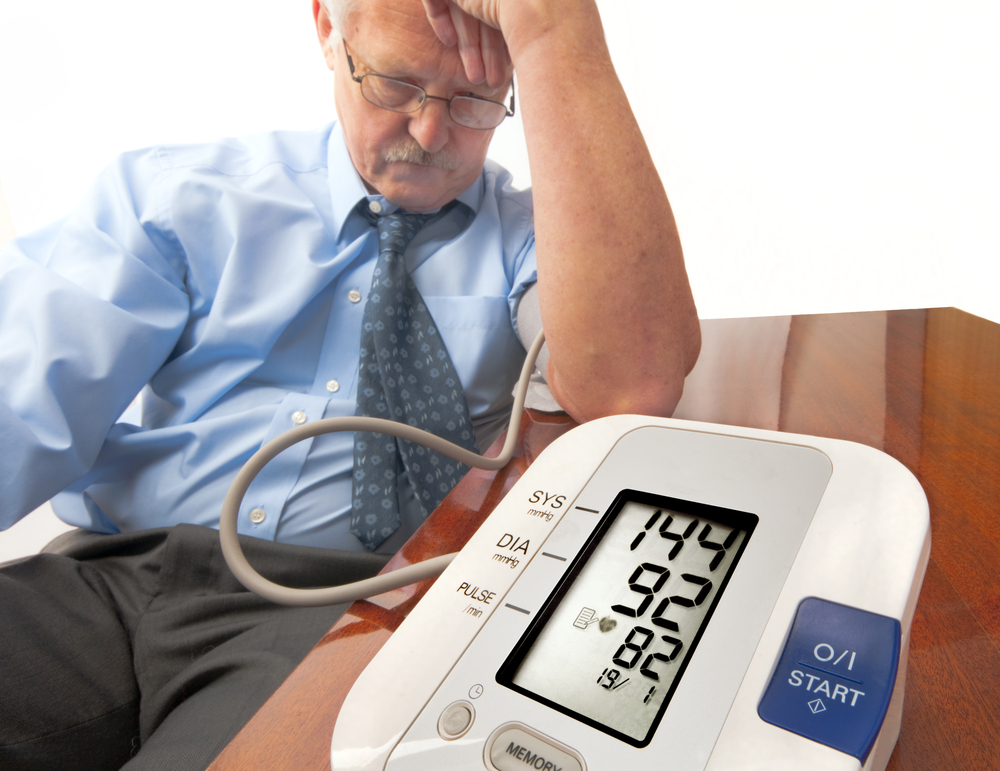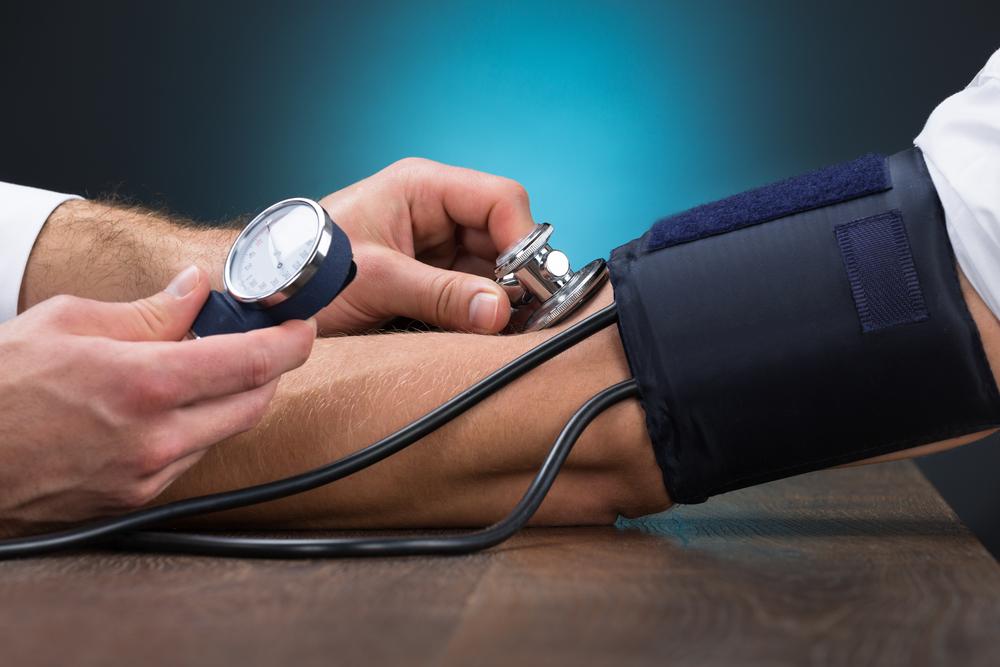It is necessary to reduce your salt intake to lower blood pressure. Eating a large amount of sodium may contribute to hypertension in some people.
High blood pressure, also known as hypertension, is the most common chronic illness. It means the pressure in your arteries is elevated. When your heart pumps, it’s circulate blood around the body to provide oxygen and essential nutrients, it requires. As the blood travels, it pushes against blood vessel walls. The force of blood in your arteries is called blood pressure.

High blood pressure can be life-threatening if left untreated. It makes the heart work too hard and gives rise to hardening of the arteries. The raised pressure in the arteries may increase the risk of stroke, which is one of the top leading causes of death in all over the world. Hypertension may also lead to other health issues, such as kidney disorder, congestive heart failure, and blindness. It puts a strain on all the blood vessels in your body, including the ones leading to your brain. This increases the chance of blockage to develop or a blood vessel to weaken and bleed in the brain. Both the conditions may result in stroke.
Also Read: Keratitis – symptoms, prevention, and treatment
Causes of high blood pressure
In most cases, physicians are unable to determine a specific cause of hypertension. No single cause seems apparent, treatment usually based on keeping blood pressure under control. There are various risk factors that can greatly increase the chance of high blood pressure. These risk factors include:
- Consuming too much alcohol- Heavy alcohol consumption may result in hypertension. If you choose to consume alcohol, consume it in moderation.
- Age- Blood pressure tends to rise as people get older. Males tend to have high blood pressure level earlier than females, around 45 to 50.
- Eating too much sodium- This life style related factors can put people at a high risk of developing hypertension.
- Having a background of hypertension- If your parents have this problem, you are more likely to develop it.
- Race-African Americans have a higher incidence of hypertension as compared to other races. The problem develops at a very early age in this population, which makes this group more prone to complications.
- Lack of physical activity- There is an increase risk of hypertension in people who do not work out as compared to people who work out for 30 minutes a day.
- Smoke- Smoking makes your heart work harder, which ultimately leads to raised blood pressure.
- Medications-Certain medicines like contraceptive pills, amphetamines, and diet pills may increase the risk of developing high blood pressure. These medicines should be taken under the supervision of a certified physician.
- Disease, including hormonal abnormalities, diabetes, and kidney disorders- These conditions should be closely monitored regularly. If not monitored carefully, these conditions can contribute to uncontrolled blood pressure.
Symptoms
- Hypertensive patients may go years without knowing they have the condition. The disease is also called as the silent killer because of the fact that it does not have warning signs. Therefore, don’t make a mistake of assuming the signs will alert you instead get your blood pressure checked regularly.
- A majority of people do not have high blood pressure symptoms. In some cases, individuals may have a rhythmical beating or throbbing of heart. Some people may also experience early morning headache, buzz in the ears, and nosebleed.
- If you are suffering from severe hypertension, then you may experience nausea, confusion, tiredness, chest pain, muscle tremors, vomiting, and anxiety.
The only way to detect whether you are hypertensive or not is to measure it by a physician. The method to measure blood pressure is quick and painless. You can easily measure at home; it can help you to understand what your blood pressure level is day to day.
Prevention
Hypertension can’t be cured, but the damage caused by it can be prevented or reduced. Here are some ways to prevent the condition:
- Stay active- Enjoy regular exercise for 30 minutes, five days of the week. Physical activity leaves you warm and slightly out of breath which is necessary to lower blood pressure If you are not able to find half an hour in a day, increase your household works like climbing stairs, go outside for buying groceries, fruits, and vegetables, etc.
- Be a non smoker- If you have high blood pressure and smoke, you are at high risk of developing a heart attack. Nicotine present in cigarette causes blood vessels to narrow, which increases the pressure of blood in the vessels.
- Manage stress- To manage stress, try laughter, socializing, healthy eating, and physical activity like dancing, yoga, medication, walking, etc. that you think you enjoy the most. Reducing your stress can help you maintain blood pressure levels as well as help you lower your risk of cardiovascular diseases.
- Eat less salt- According to clinical studies, it has been shown that eating too much raises your blood pressure. You should always check food labels and pick products with less sodium content.
Also Read: Tips To Prevent Hair Loss in Men
High blood pressure treatments
If you are suffering from hypertension, then you may need to take medication to keep your blood pressure under control. Those hypertensive patients who consume medications to lower blood pressure daily are less likely to develop serious conditions such as heart attack and stroke. It is extremely important to take your medications exactly as instructed by your health care specialist. Do not miss any doses, take it according to the prescribed schedule.



